Music is a means of giving form to our inner feelings, without attaching them to events or objects in the world
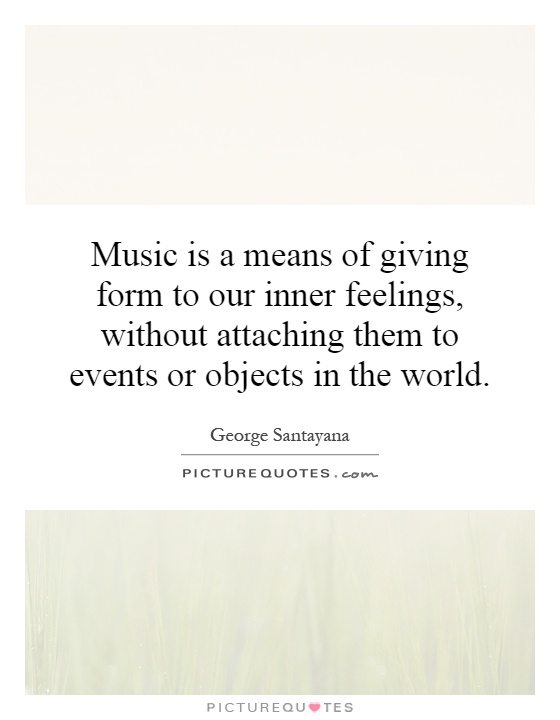
Music is a means of giving form to our inner feelings, without attaching them to events or objects in the world
George Santayana, a renowned philosopher and poet, once said that "music is a means of giving form to our inner feelings, without attaching them to events or objects in the world." This statement encapsulates the power and beauty of music as a universal language that transcends boundaries and connects us to our deepest emotions.Santayana believed that music has the ability to express the ineffable, the emotions and experiences that are beyond words. Unlike other art forms that rely on visual representation or narrative storytelling, music speaks directly to the soul, bypassing the constraints of language and logic. It is a pure form of expression that allows us to tap into our innermost thoughts and feelings, without the need for external references.
In this sense, music becomes a mirror of our inner world, reflecting our joys, sorrows, fears, and hopes. It is a medium through which we can explore and understand our own emotions, as well as connect with the emotions of others. Through the power of melody, rhythm, and harmony, music has the ability to evoke a wide range of feelings, from melancholy to ecstasy, from nostalgia to inspiration.
Moreover, Santayana believed that music has the power to transcend time and space, creating a sense of unity and harmony that goes beyond individual experiences. In a world that is often fragmented and divided, music has the ability to bring people together, fostering a sense of community and shared humanity.


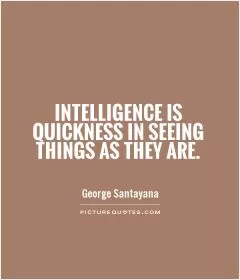
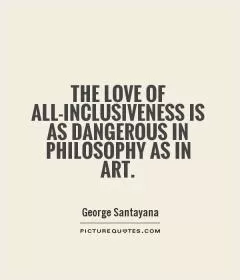
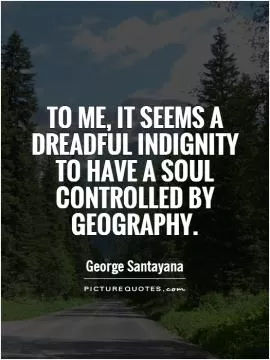


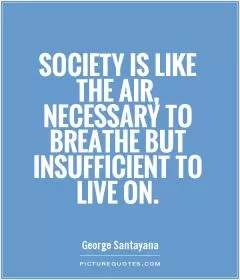

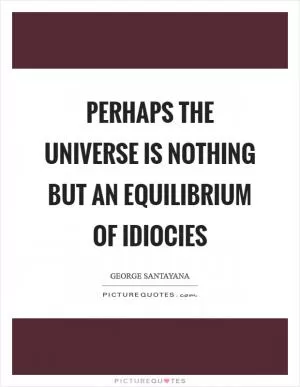
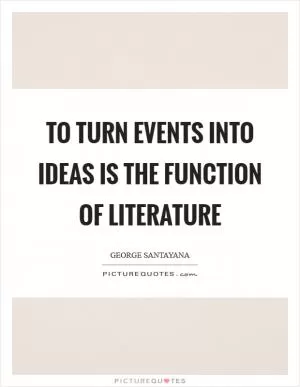
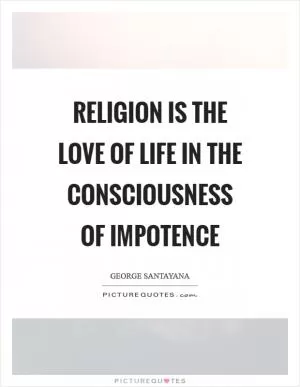
 Friendship Quotes
Friendship Quotes Love Quotes
Love Quotes Life Quotes
Life Quotes Funny Quotes
Funny Quotes Motivational Quotes
Motivational Quotes Inspirational Quotes
Inspirational Quotes